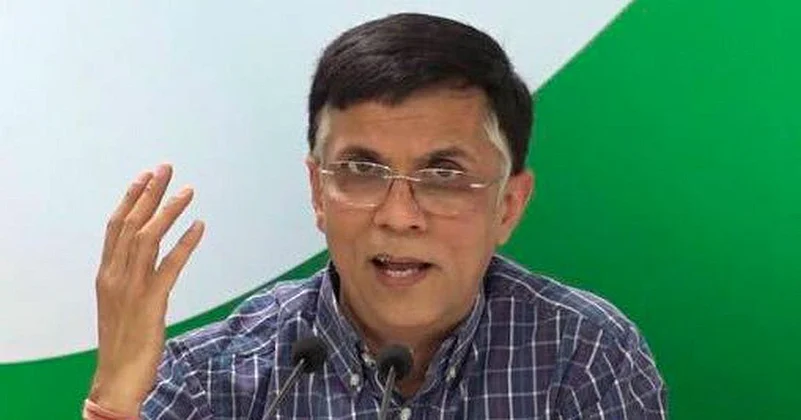The Congress on Friday alleged that the Broadcasting Services (Regulation) Bill was a direct threat to freedom of speech and the independent media and claimed that it would pave the way for "excessive surveillance" online.
The Congress' media and publicity department head Pawan Khera urged people to raise their voice against what he termed as "government's tyranny".
While several people on social media have also been voicing their concern about certain reported provisions in the proposed law, the government has said the bill was still in the drafting stage and the stakeholders' consultation was underway.
"The Broadcasting Services (Regulation) Bill is a direct threat to our freedom of speech and independent media," Khera alleged.
"Here's why we all must raise our voice against the government's tyranny: Increased government control over content creators, from social media influencers to independent news outlets, threatens the independence of the press and restricts free speech," the Congress leader said in a post on X.
He claimed that the bill labelled anyone uploading videos, making podcasts or writing about current affairs as "digital news broadcasters".
This can unnecessarily regulate individuals and small teams providing independent news coverage, Khera added.
"Requiring online creators to establish content evaluation committees adds pre-publication censorship. This will delay timely news and create a chilling effect on free expression," he said.
He further claimed that the bill imposed heavy regulatory burdens on small content creators, treating them like large media corporations.
"Many independent journalists lack resources to comply, leading to potential shutdowns," he said..
Khera said content creators who monetised their platforms "face the same stringent regulations as traditional broadcasters".
This discourages new entrants and harms the economic viability of independent creators and this is exactly how the government finished the crypto market in India, he said.
"The drafting process of the bill did not include civil society, journalists and key stakeholders, raising concerns about transparency and inclusivity," Khera alleged.
Monitoring "negative influencers" and criminal liability for non-compliance threatens dissenting voices and independent journalism, he said.
"This bill will pave the way for excessive surveillance in the online world," Khera said.
In a written reply to a question in the Rajya Sabha on Friday, Union Minister of State for Information and Broadcasting L Murugan said, "The draft Broadcasting Services (Regulation) Bill, seeking to replace the existing Cable Television Networks (Regulation) Act, 1995, and guidelines regulating the broadcasting sector was placed in public domain for comments of stakeholders, including domain experts and the general public, on 10.11.2023."
"The stakeholders' consultation is currently underway. The bill is still at the drafting stage," he said.





















